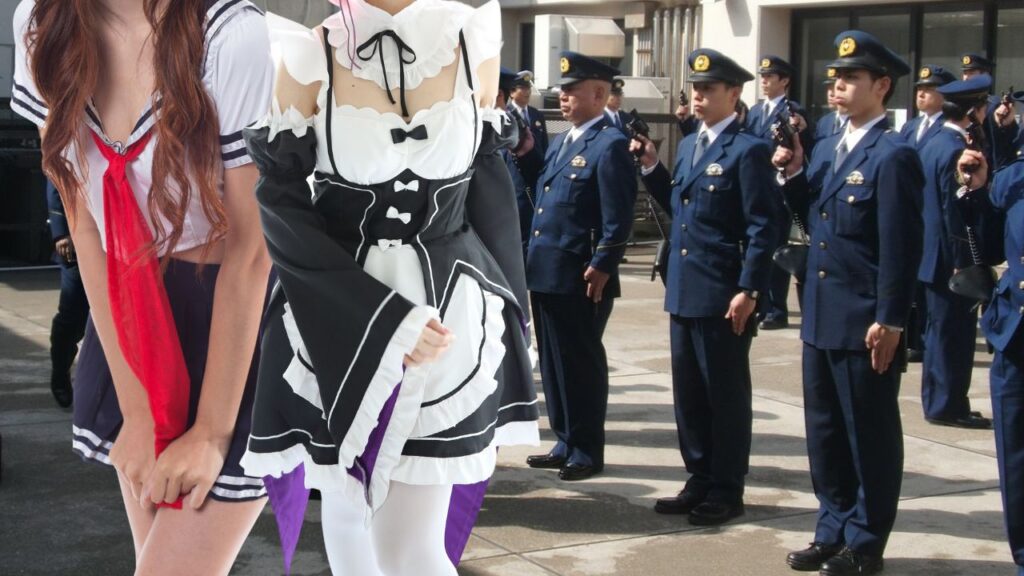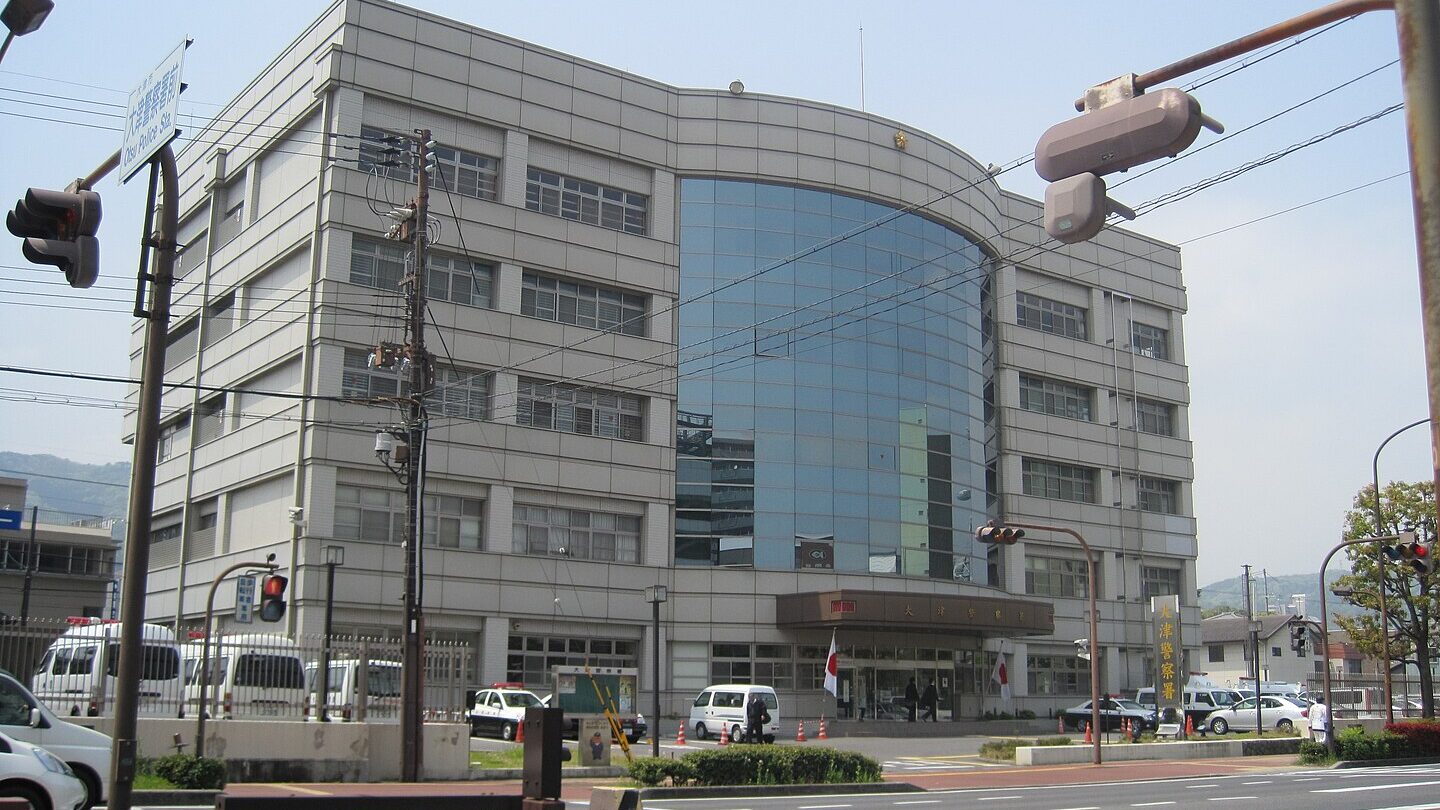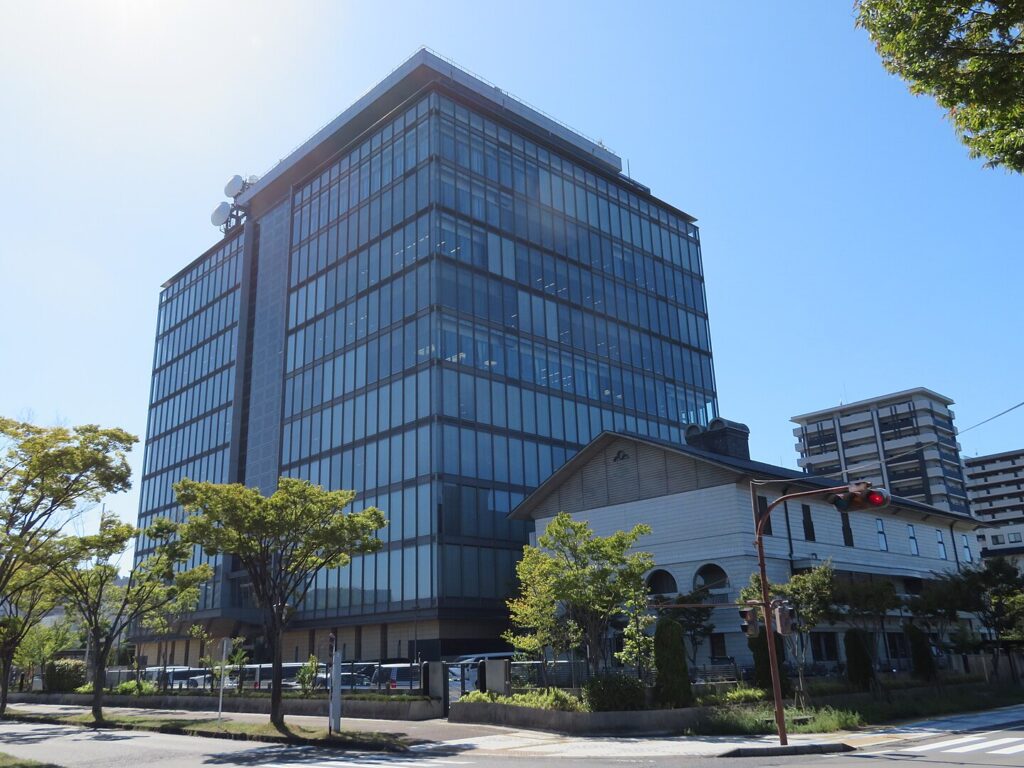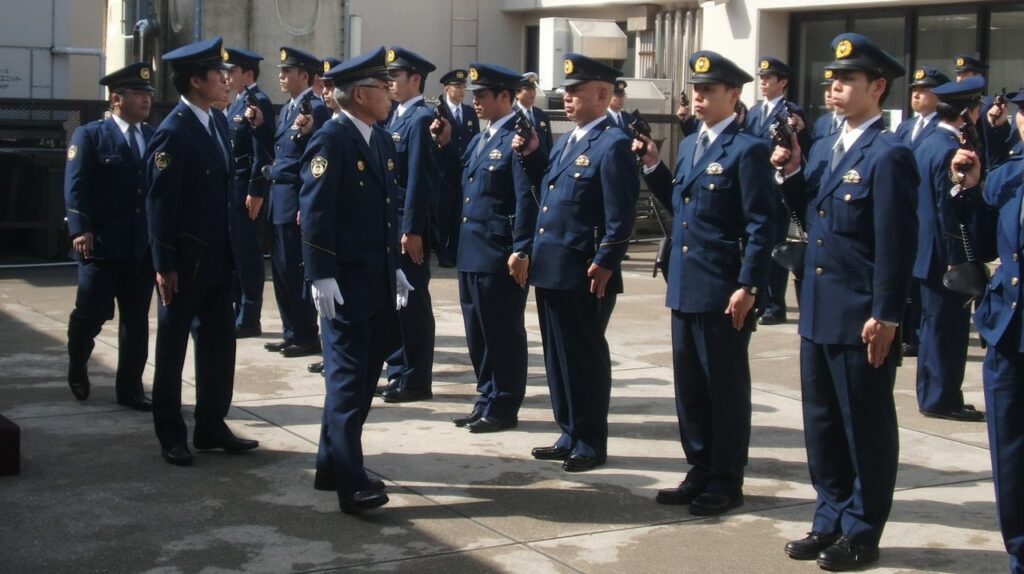Police inspector punished as cosplay side hustle earns over 1 million yen

The Shiga Prefectural Police have issued a formal reprimand to a police inspector due to their cosplay side hustle.
The reprimand was issued due to the inspector engaging in unauthorized side business activities which included the creation and sale of photobooks, posters, and postcards featuring himself in various cosplay costumes.
According to a statement released by the Shiga Prefectural Police inspector’s office, the male officer was in their 40s and had been involved in these secondary activities for around eight years from October 2016 until the present.

During this time, the inspector had been independently producing original photographic merchandise, including photobooks, posters, and postcards showcasing himself dressed as characters from anime and manga.
These items were then sold through online platforms and at various anime-related events and conventions.
Crucially, these pursuits were undertaken without obtaining the explicit permission of the Shiga Prefectural Police Chief.
This permission is required as part of the rule governing civil servants in Japan and should have been gained before they engaged in any form of secondary employment or business ventures.

Over the course of his unauthorized activities, the police inspector reportedly earned a total income of approximately 1.1 million Japanese yen (equivalent to roughly £5,500 or $6,800 USD based on current exchange rates).
The inspector’s process involved personally engaging in cosplay, the practice of dressing up as characters from fictional works, primarily those from the anime and manga genres.
He would then participate in photo shoots and commission external companies to handle the production and printing of the photobooks, posters, and postcards featuring these images.
The unauthorized side business came to the attention of the prefectural police in October 2024, following a tip-off alleging that a civil servant within the police service was engaged in secondary employment without proper authorization.

This prompted an internal investigation, which ultimately confirmed the inspector’s involvement in the sale of his cosplay-themed merchandise.
The disciplinary action, which was administered by the inspector’s department head, took effect on Tuesday, March 12th 2025.
In response to the reprimand and the findings of the investigation, the police inspector expressed remorse for his actions.
He stated that his intentions were “for the purpose of spreading anime culture” but acknowledging that his conduct was “inappropriate behavior for a police officer”.
Civil service regulations in Japan, like those in many other countries, often restrict or require permission for secondary employment to prevent conflicts of interest, ensure that primary job responsibilities are not compromised, and maintain public trust in the impartiality and professionalism of government employees, including law enforcement officers.

The requirement for a police officer to obtain permission for outside work is intended to uphold the integrity of the police force and prevent any activities that could potentially tarnish its image or create ethical dilemmas.
The disciplinary action taken by the Shiga Prefectural Police in this case, a reprimand by the department head, is one of several levels of disciplinary measures that can be imposed on Japanese civil servants for misconduct.
Other potential penalties can range from verbal warnings and pay cuts to suspension and even dismissal, depending on the severity and nature of the infraction.
Previous cases of police misconduct in Japan have seen an officer engaged in illegal gambling receive a 10% pay cut for one month while two officers who used a police car to perform a “meat inspection” while drunk were dismissed.
The fact that the inspector in this current case received a reprimand suggests that while his actions were deemed inappropriate and in violation of regulations, they were not considered serious enough to warrant more severe disciplinary measures.
Source: Yomiuri Shimbun
